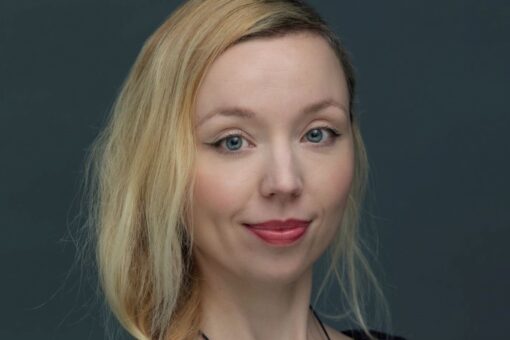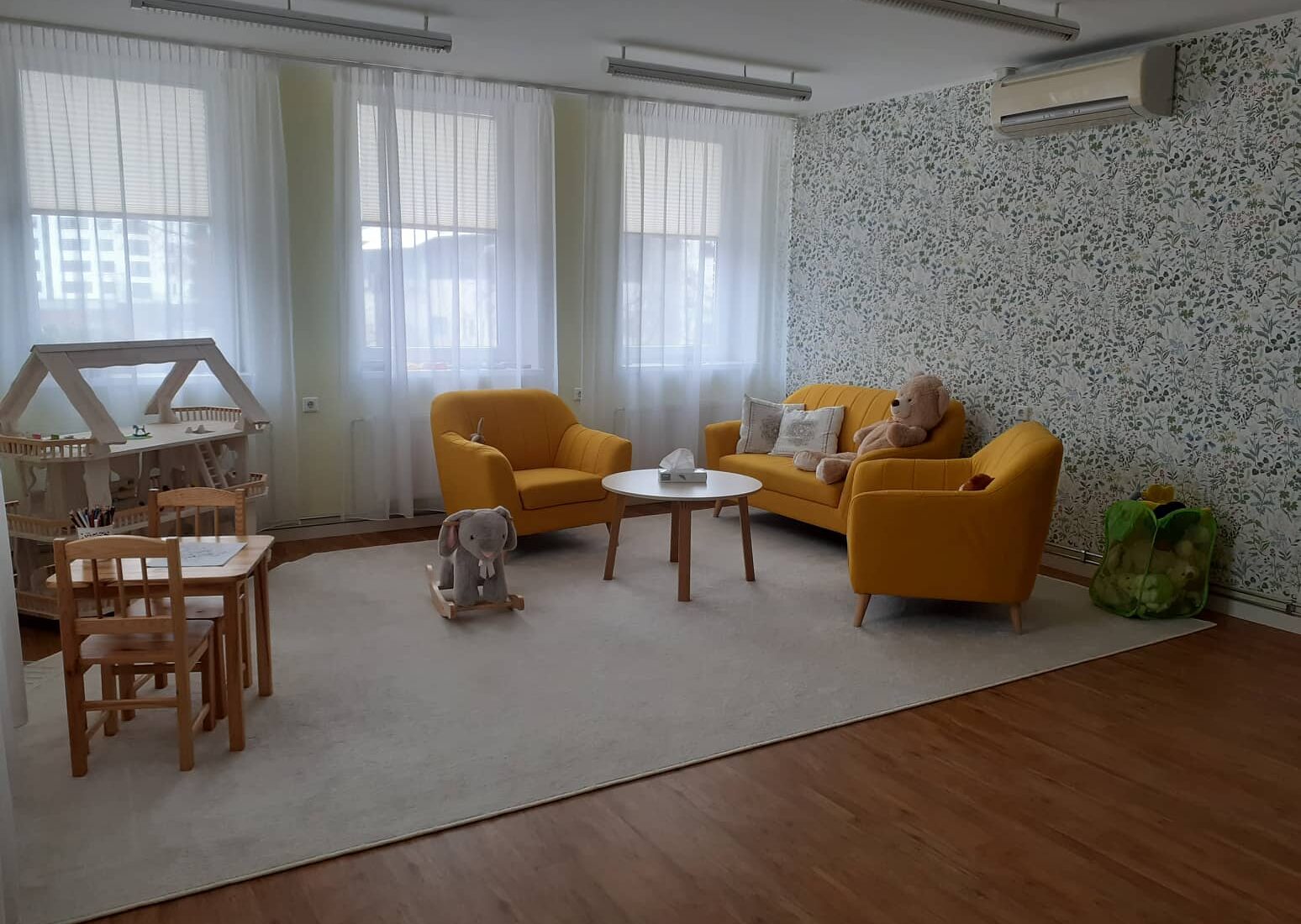In a Barnahus (a Scandinavian word for “children’s house”), different professional categories in, for example, law enforcement, criminal law, child protection, as well as health- and mental health care cooperate to jointly assess the child’s situation and decide on the follow-up. All countries around the Baltic Sea and a total of 20 European countries now have active Barnahus or similar services. To support them, there is the Barnahus Network, which has been hosted by the Council of the Baltic States (CBSS). CBSS is also the project owner of the project PROMISE 4. The Barnahus Network works to harmonize and consolidate good Barnahus practice across Europe. The PROMISE 4 project supports Estonia, Armenia and Moldova to take the next step in Barnahus development, based on resources and experiences from the Barnahus Network. The project is funded by the Swedish Institute.
Barnahus in Estonia
In Estonia there are four Barnahus, one in each direction. The Barnahus in Estonia is a public service of the Social Insurance Board. The first opened in 2017, as a pilot project in Tallinn. In Estonia, Barnahus deals with children who have been sexually abused, or are being suspected of sexual abuse, but also with children who have harmful sexual behaviour.
That the Barnahus puts the child’s needs at the centre is noticeable not least through the interior design. Merit Korbe, says that children were allowed to participate in deciding the interior, which can be seen through the pictures on the walls, drawn by children, at child height. By the way, it is child height on everything from clothes hangers to information signs. There is even a thought behind the scent – it should be as neutral and homely as possible. In the room where the medical examinations are carried out, beautiful butterflies hang from the ceiling, according to the wishes of a child who has been involved in a medical examination.

The learning process between the countries
Merit Korbe, who is the Head of Barnahus Service at the Social Insurance Board in Estonia, shares what the project has meant to them:
-We have had several inspiring training sessions with the other countries in the network, some online and one in person here in Estonia. It was very rewarding that we got to meet in real life, share challenges, and work together to develop new tools. We feel that the problems are shared. The only thing I wish for is more exchanges as they stimulate new ideas. We have also been able to borrow experts from each other. For example, we had a complicated case where external perspectives, ideas, and questions were a valuable addition, says Merit Korbe.
-It has been crucial, both for me and the team, to be part of something bigger. We can learn a lot from how the Barnahus model has been adapted and works in other countries. Being part of a transnational network is important. It is inspiring that we share the same goal – to learn and share our knowledge to improve the system.
Activities in the project
-The highlight of the year was when participants from the other countries came on a study visit to Estonia. It was three days of group discussions, well-organised practical work, ideas from various specialists, and interdisciplinary cooperation. Participants also visited a Barnahus, and there was opportunities for networking. The project has also led to us now communicating between experts, we know that we share challenges and strengthen each other. We feel that we can be more open and safer in this context and dare to share.
– We have also worked with an IT avatar which was developed within the framework of other projects, including a project financed by SI. The avatar is a tool used to train professionals on how to conduct conversations or interviews with vulnerable children. It has helped us improve in our role as specialists. It is positive that it can be used anywhere and anytime.
Why the Barnahus Model is important
– Children are traumatized when they come here, so it is important that we have an approach that does not further traumatize them. We have an interdisciplinary and child-friendly method that truly works. Children trust us, feel safe, and enjoy being here. When I see what happens to other children, such as those who have suffered from various forms of child abuse, I am inspired to expand the model. It has shown that the voice of children matters, Merit Korbe concludes.
Facts
Within the SI Baltic Sea Neighbourhood Programme, SI finances projects in which Swedish organisations work on cross-border challenges and opportunities together with organisations from the EU countries around the Baltic Sea and countries in the EU’s Eastern Partnership. The programme offers two different types of grants to apply for at different occasions: seed funding and funding for cooperation projects. A call for applications regarding cooperation projects opens on 15 November 2023 and closes on 15 February 2024. Read more on the programme’s homepage.
In connection with the call, the Swedish Institute arranges an information seminar online 16 November 2023 for those who plan to apply for funding. Register in this link.
